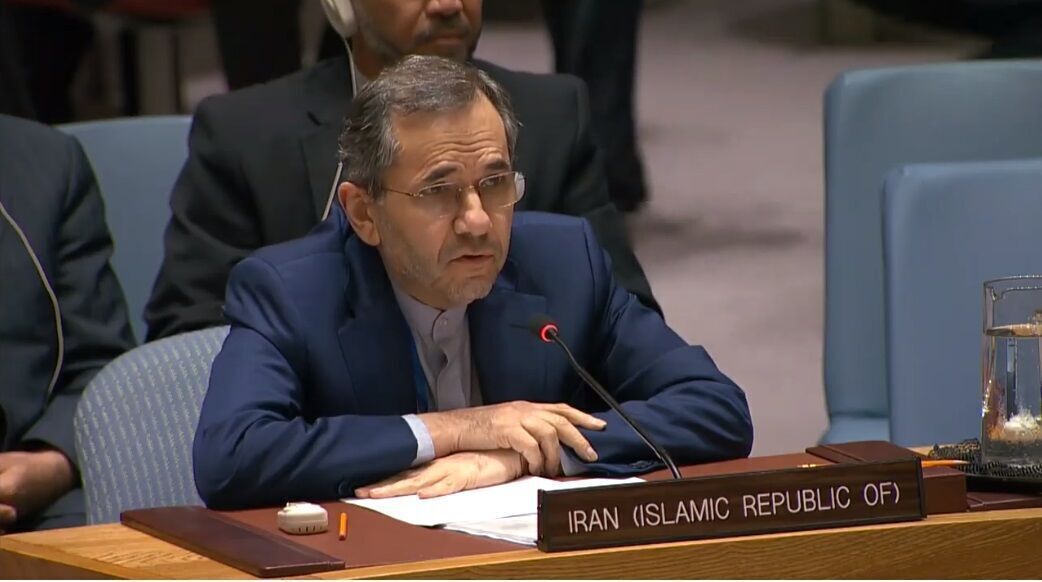The new US administration still violates the UN Resolution 2231 just like the predecessor, the Iranian ambassador said in an interview with Qatari news network, Al Jazeera.
The United Nations Security Council, Resolution 2231 (2015) urges full implementation of the JCPOA in line with the timetable set by the JCPOA Annex V and sets forth steps for the eventual removal of Security Council sanctions on Iran.
New US President Joe Biden who took office on January 20 has already repeated that he is willing to return to the JCPOA from which the former US president Donald Trump withdrew unilaterally in May 2018; meanwhile, no changes have been seen in the US policy on the deal yet, Takht Ravanchi noted.
In early days of February, Iranian Foreign Minister Mohammad Javad Zarif advised the US to learn from the Trump administration's complete failure rather than show interest, and warned that the existing window is closing quickly.
It is up to the new US administration whether they want to follow Trump's policy or to open a new chapter, the ambassador noted.
He said that from Iran's opinion, implementation of commitments by the US needs no new talks.
The United States should decide to fulfill commitments based on Resolution 2231, Takht Ravanchi underlined.
Asked whether relieving sanctions would be meant as part of return to the deal, the ambassador replied that lifting "sanctions" have been part of the deal and they had to be lifted.
Asked whether Iran's remedial measures vis-a-vis the US non-compliance will lead to escalation, Takht Ravanchi said "We're not interested in escalation."
To respond reciprocally to the US move, Iran decided to reduce its commitments to the international deal, based on Article 26 and 36, on the first anniversary of the US withdrawal in May 2019.
All provocative measures including assassination of dear General Qassem Soleimani have been taken by the United States, the ambassador said, reaffirming Iran's unwillingness to take such measures.
About the recent visit of Director-General of the International Atomic Energy Agency (IAEA) Rafael Grossi to Tehran, the ambassador said IAEA inspectors are present in Iran and are doing their duties.
He further termed the February 21 IAEA agreement with the Atomic Energy Organization of Iran as excellent.
According to the February 21 Joint Statement, Iran gave three-month moratorium to the Majlis Law suspending voluntary acceptance of IAEA Additional Protocol so that activities of the nuclear sites will be monitored in tapes for three months and will be delivered to the UN nuclear agency if the US lifted the sanctions during the moratorium. Otherwise, the tapes will not be delivered.
Meanwhile, Iran will respect the IAEA Safeguards Agreement.
"Islamic Republic of Iran has always lived up to its promise[s]."
1483**1416
Follow us on Twitter @IrnaEnglish






Your Comment